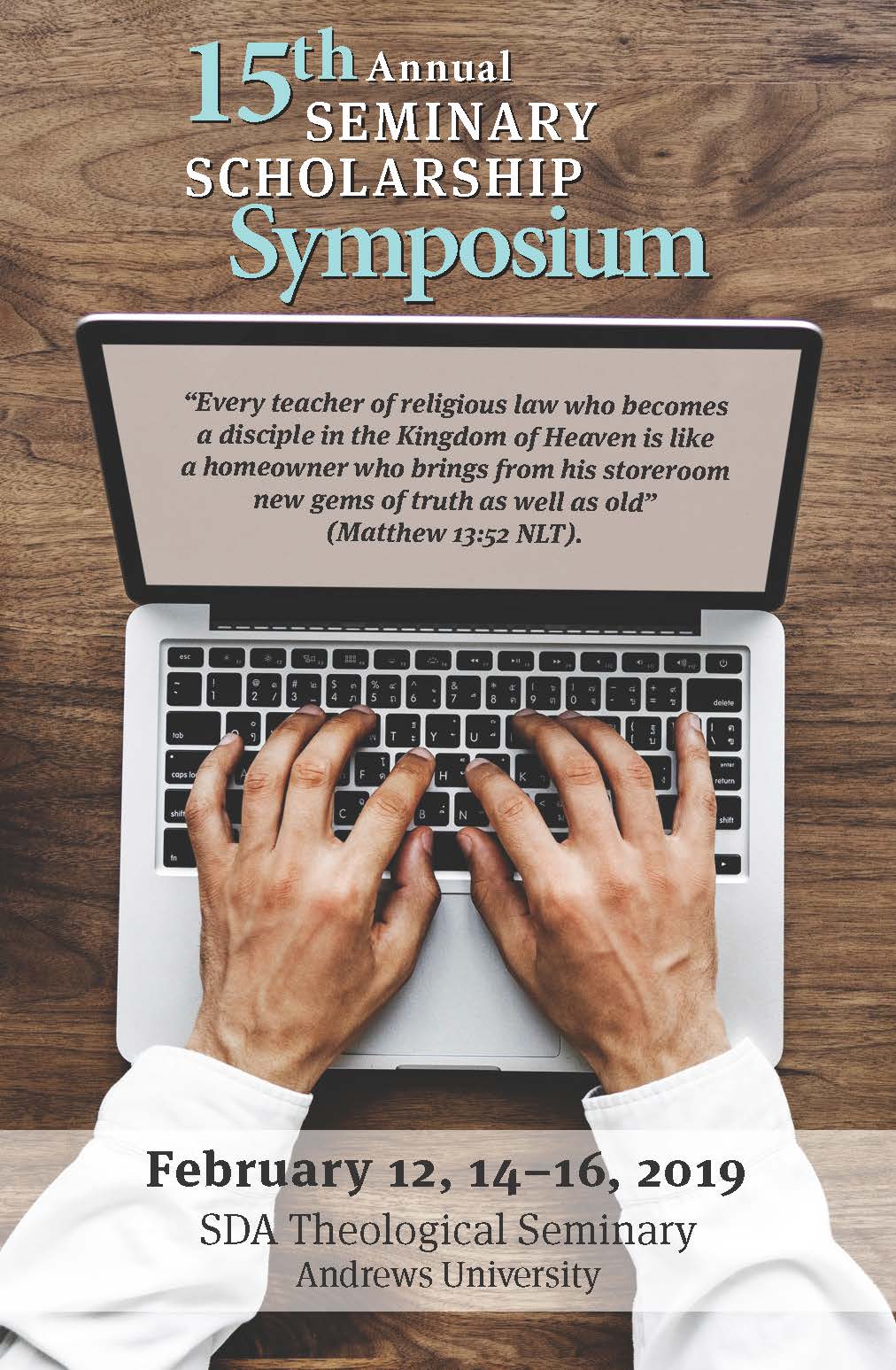Creation and the Cognitive Sciences: Joint Action, Mental Simulation, and Human Free Will
Location
Seminary Room S340
Start Date
15-2-2019 10:20 AM
End Date
15-2-2019 10:45 AM
Description
The Genesis account of Creation and the Fall uncovers claims about the human person. I place this account in dialogue with the cognitive sciences in order to trouble recent neurobiological accounts that appear to rule out human free will. I begin by examining the Genesis 2 account of creation and the Genesis 3 account of the fall from the perspective of two cognitive science frameworks: Herb Clark’s joint action and Albert Bandura’s theory of human agency. I argue that agency in the Creation/Fall account is best understood as joint, rather than individual; thus, neurobiological accounts of individual free will do not have the necessary scope for meaningful engagement. Next, I draw from two further frameworks that disentangle accounts of human action from reactive, bottom-up, and short timescale neurobiological accounts: Andy Clark’s predictive processing and Nancey Murphy’s model of self-transcendent agents. Finally, I place the integration of these frameworks within the temporal constraints of recent work that treats the brain as a system of self-modifying networks. I argue that the resulting proposal—that meaningful free will requires joint action and mental simulation—is an example of a fruitful dialogue on creation between theology and the cognitive sciences.
Creation and the Cognitive Sciences: Joint Action, Mental Simulation, and Human Free Will
Seminary Room S340
The Genesis account of Creation and the Fall uncovers claims about the human person. I place this account in dialogue with the cognitive sciences in order to trouble recent neurobiological accounts that appear to rule out human free will. I begin by examining the Genesis 2 account of creation and the Genesis 3 account of the fall from the perspective of two cognitive science frameworks: Herb Clark’s joint action and Albert Bandura’s theory of human agency. I argue that agency in the Creation/Fall account is best understood as joint, rather than individual; thus, neurobiological accounts of individual free will do not have the necessary scope for meaningful engagement. Next, I draw from two further frameworks that disentangle accounts of human action from reactive, bottom-up, and short timescale neurobiological accounts: Andy Clark’s predictive processing and Nancey Murphy’s model of self-transcendent agents. Finally, I place the integration of these frameworks within the temporal constraints of recent work that treats the brain as a system of self-modifying networks. I argue that the resulting proposal—that meaningful free will requires joint action and mental simulation—is an example of a fruitful dialogue on creation between theology and the cognitive sciences.



